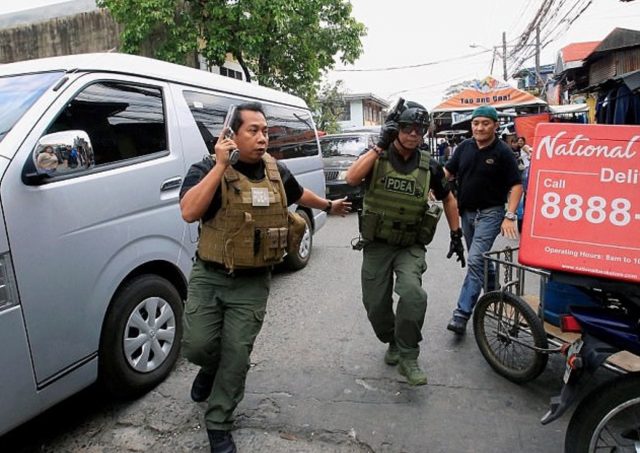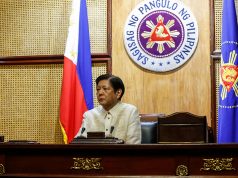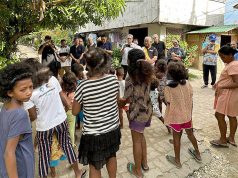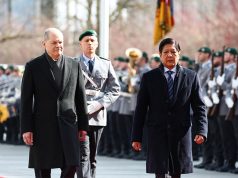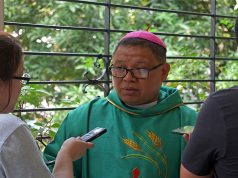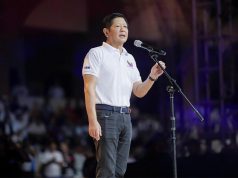MANILA, Philippines — The head of the Philippines’ Drug Enforcement Agency warned on Friday of a reduced intensity in the country’s war on drugs after a removal of police from the campaign, which he hoped would only be temporary as his unit lacked manpower.
PDEA chief Aaron Aquino said he had only a fraction of the personnel and budget of the Philippine National Police and hoped President Rodrigo Duterte’s decision to make his agency responsible for all operations would not be lasting.
“I know the public has high expectations but I am asking the public for understanding because of our limitations,” he said in a radio interview.
“I hope this is just a temporary arrangement, we need the police.”
Amid unprecedented scrutiny of police conduct, the mercurial Duterte issued a memorandum on Tuesday ordering police to withdraw, but “maintain police visibility, as a deterrent.”
The authorities on Thursday said the shift in strategy was to go after big drug syndicates.
More than 3,900 people have been killed in police anti-drugs operations in the past 15 months. Police say each of those were killed because they put up violent resistance and deny activists’ allegations they are executing suspects.
But other tallies, including those of human rights groups, place the running total at 13,000 and counting, mostly street shootings and vigilante executions, since Duterte assumed office last year. And despite government’s insistence that drug gangs were responsible for most of the killings, surveys indicate public perception heavily suspects law enforcement agents.
In a tirade on Thursday loaded with profanity aimed at his foreign and domestic critics, Duterte said deaths during PDEA’s operations were far less than police, and hoped “bleeding hearts” would be satisfied with his decision.
PDEA’s Aquino said the public might notice a slowdown in operations, but would not guarantee less bloodshed. “I cannot make assurance but there will be lesser deaths,” he said.
Aquino planned to ask for a bigger budget to add 1,000-1,500 agents a year until 2022. He said it was unrealistic to expect the PDEA to fight the problem with its small numbers.
PDEA has about 2,000 personnel, 1,100 of which are agents, compared to about 175,000 police nationwide.
Amid anger over a high-profile kidnap and murder case involving police, Duterte suspended police from the drugs war in January and put PDEA in charge. He reinstated the police soon after, saying drugs had flooded back to the streets.
PNP chief Ronald dela Rosa said police were winning the campaign, with supply slashed and 113,000 arrests.
Asked by CNN Philippines why Duterte had made such a dramatic shift, he said: “He’s just following the law.”
Dela Rosa speculated it was possible Duterte was responding to opinion polls that showed some public unease about the crackdown. A poll on Sunday showed a significant slide in Duterte’s ratings, although he still remains popular.
Phelim Kine of Human Rights Watch said Duterte had “buckled to growing public dismay over his murderous war on drugs.”
“But,” he added, “if Duterte believes that declaring another suspension in police killing operations will ease pressure for a UN-led international investigation into the drug war, he should think again. His war won’t end until there is justice and accountability for its thousands of victims.”

